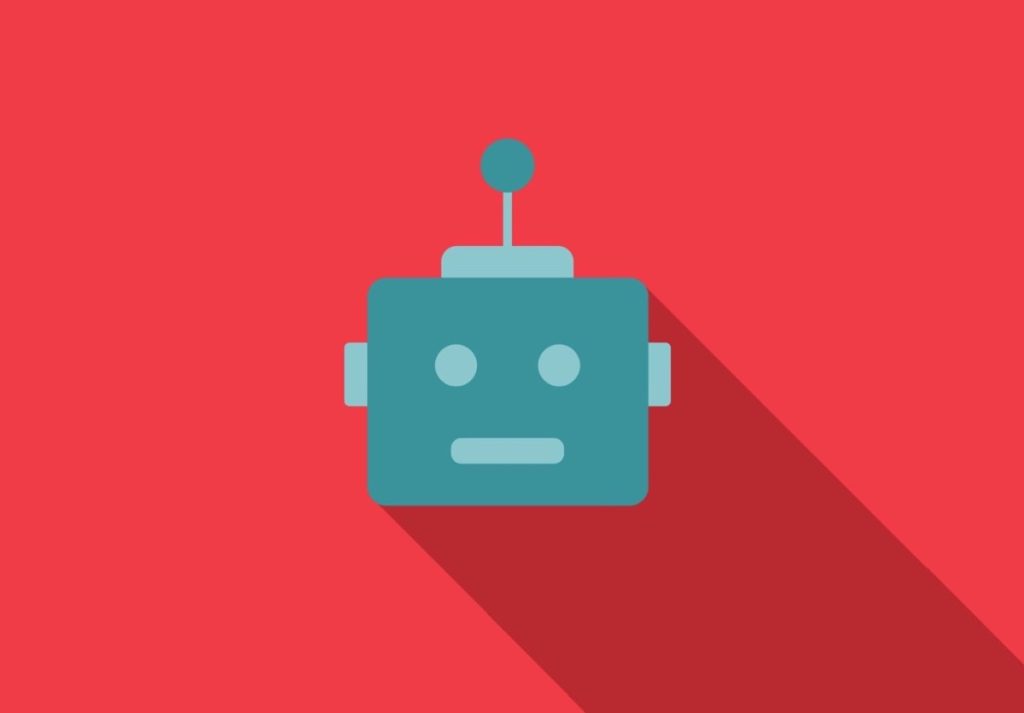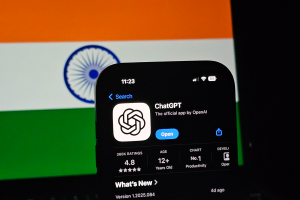Cloudflare’s New Defense Against AI Bots

In today’s digital age, protecting website content is more critical than ever. Cloudflare, a well-known cloud service provider, has just unveiled a remarkable tool to combat a growing problem. This tool aims to automatically detect and block AI bots that scrape data from websites, posing a significant threat to online content owners.
Bots, especially those created by major AI players like Google and OpenAI, often access content to train their models, sometimes without permission. But not all bots play by the rules, ignoring mechanisms like the robots.txt file designed to keep them in check. This new tool from Cloudflare promises to bring a new level of security against these sneaky invaders.
Cloudflare’s New Tool Against AI Bots
Cloudflare has introduced a new, free tool to prevent bots from scraping websites for data to train AI models. These bots are often used by companies like Google, OpenAI, and Apple. Although website owners can block these bots through a file called robots.txt, not all bots respect this file’s rules.
To tackle this issue, Cloudflare has analyzed AI bot and crawler traffic to improve its automatic bot detection models. The models can identify when bots try to mimic the appearance and behavior of human visitors. By recognizing these attempts, the tool can more effectively block unwanted bot traffic.
Protecting Website Content
Many website owners are concerned about AI companies using their content without permission or compensation. According to studies, around 26% of the top 1,000 sites on the web have blocked OpenAI’s bot. Similarly, over 600 news publishers have taken steps to block these bots.
Despite these efforts, blocking bots entirely is challenging. Some AI vendors ignore standard rules to gain an edge in the competitive AI industry. Examples include AI search engine Perplexity and companies like OpenAI and Anthropic, which have been accused of bypassing robots.txt rules.
The Rising Demand for Model Training Data
The generative AI boom has increased the demand for model training data. This has led to a rise in AI scrapers and crawlers, prompting many websites to take protective measures.
Tools like Cloudflare’s new solution could be a significant step forward. However, their effectiveness in accurately detecting and blocking AI bots remains to be seen.
Moreover, publishers face another dilemma. Blocking AI tools might help protect their content, but it could also reduce referral traffic from AI-based services like Google’s AI Overviews. This creates a complex situation where publishers must weigh the benefits and drawbacks.
How Cloudflare’s Tool Works
Cloudflare’s approach involves fine-tuning automatic detection models to identify evasive AI bots. These models consider whether a bot is trying to imitate human behavior, such as appearing like a regular web browser user.
When bad actors attempt to crawl websites extensively, they often use specific tools and frameworks. Cloudflare’s models can fingerprint these tools, helping to flag and block the bots effectively.
Manual Reporting and Blacklisting
Cloudflare has also implemented a form for website hosts to report suspected AI bot activity. This allows website owners to contribute to identifying and blocking harmful bots more effectively.
The company plans to continue manually blacklisting AI bots based on these reports. This ongoing effort aims to improve the tool’s accuracy and effectiveness over time.
Challenges in the AI Race
The race to develop advanced AI models has led some companies to ignore ethical guidelines. This behavior undermines the efforts of websites trying to protect their content.
Impersonating legitimate visitors is one tactic used by AI scrapers. The need for data to train AI models drives some companies to adopt such questionable methods.
Cloudflare’s tool represents an important step in countering these practices. However, the broader issue of ethical AI development and data use remains a significant challenge. Ongoing vigilance and innovation are necessary to address these concerns.
The Future of AI Bot Detection
As AI technology evolves, so too will the methods used by bots to scrape data. This constant evolution means that detection tools must continuously adapt to stay effective.
Cloudflare’s commitment to fine-tuning its detection models and incorporating user feedback is crucial. The success of these tools depends on their ability to keep pace with the ever-changing tactics of AI bots.
Cloudflare’s new tool is a significant advancement in the fight against unwanted AI bots. By enhancing detection models and involving user reports, it shows promise in protecting website content. However, the dynamics of AI and bot behavior continually evolve, making it an ongoing challenge. Website owners and AI developers must stay vigilant and adaptive to maintain secure and fair web ecosystems.





